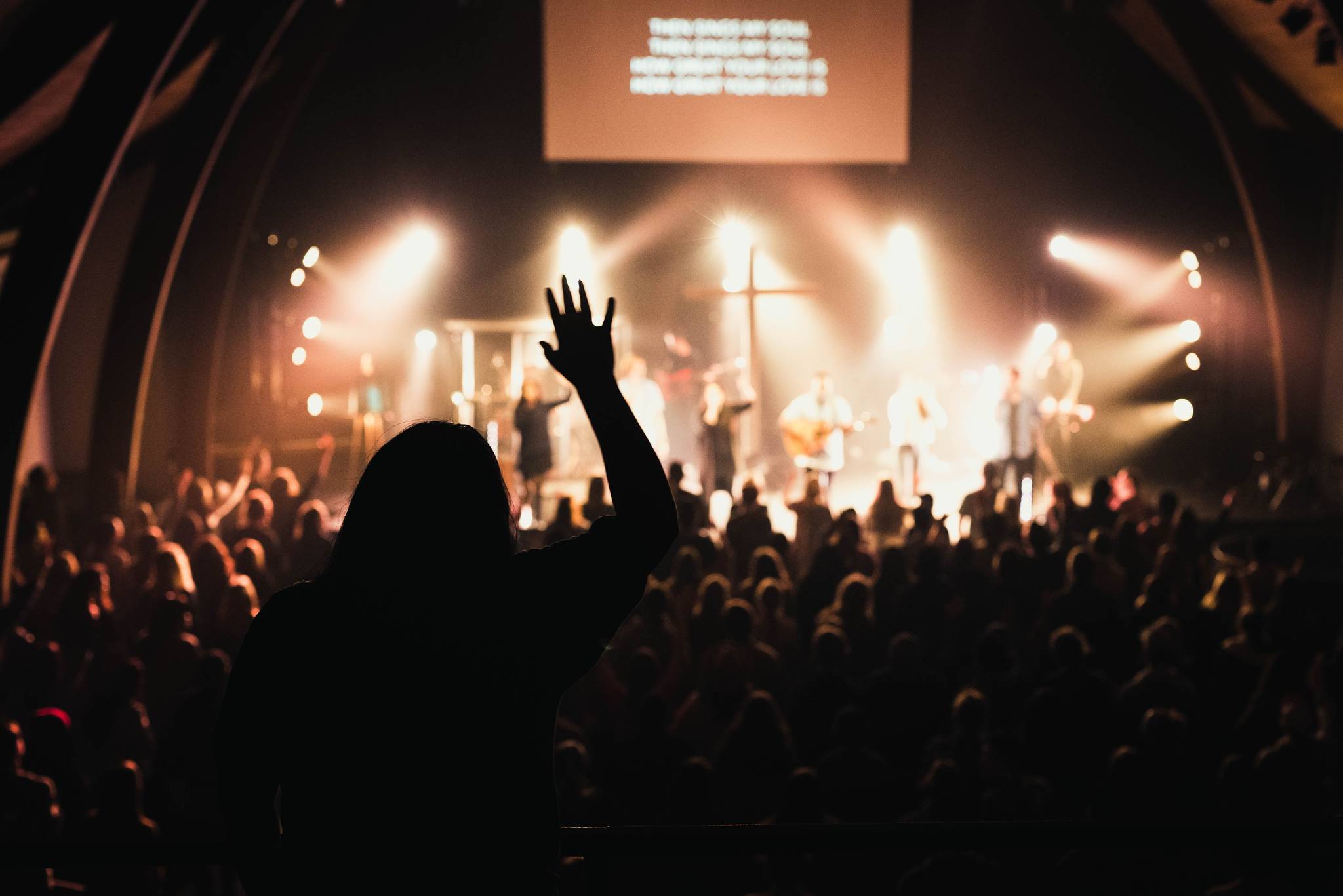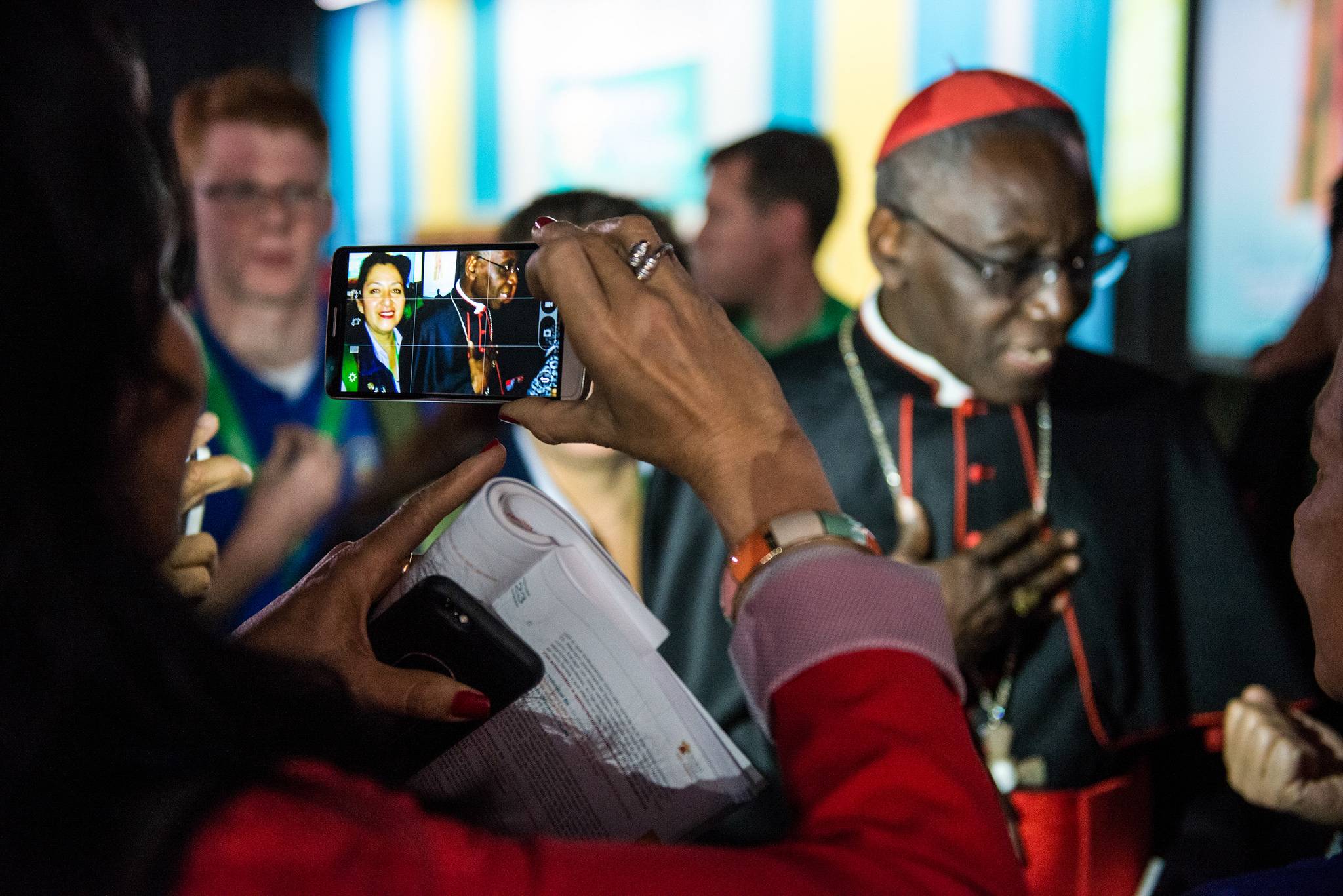Against a backdrop of uncertainty, people are searching for new sources of control and stability. While conventional religion ison the decline, roughlyone in threepeople aged 18-25 believe in the existence of a higher power, increasing from a quarter in 2021, hinting at the mainstreaming of alternative belief systems. In a world that’s more multicultural and informed than ever before, traditional faith feels limiting for many, giving way to new hybrid forms of spirituality. Wherescience and ancient wisdomhave been conventionally pitted against one another, people are moving towards an integrated approach in everything they do – frombeliefsandwellness practicesto rituals andmanifestations.
As technology becomes an outlet for Buddhism, exercise merges with wine andweed, and social justice messaging converges with Christianity, new eclectic aesthetics are emerging, exemplified byChristiancore,fairycore,cottagecore, andmythical fashion. These subcultures, imbued with a ritualistic take on the natural world, have become part of a broader search forcommunity, solidarity, and exploration, all while subverting the meaning of institutional faith.
With people losing trust in established authority figures, many are finding hope in rapidly evolving technologies. Whetherseeing the face of God in a silicon chip factoryorusing ChatGPT to conduct sermons, there is a commondesire to believe in a nonhuman entitythat can absolve us of worldly pressures by ushering in the progress we’re incapable of making alone.
But while some are relying on tech to ease their anxieties, AI is shaking the foundations of the digital world as we know it. Watchingalgorithms radically transformideas of human labour and creativity, people are increasingly willing to prescribe spiritual dimensions to these tools, seeingghosts in AI's machineand finding magic inchatbots. Placing AI in the realm of the supernatural allows people to create a new source of authority and remedy worries around a technological shift that will bear human consequences.




